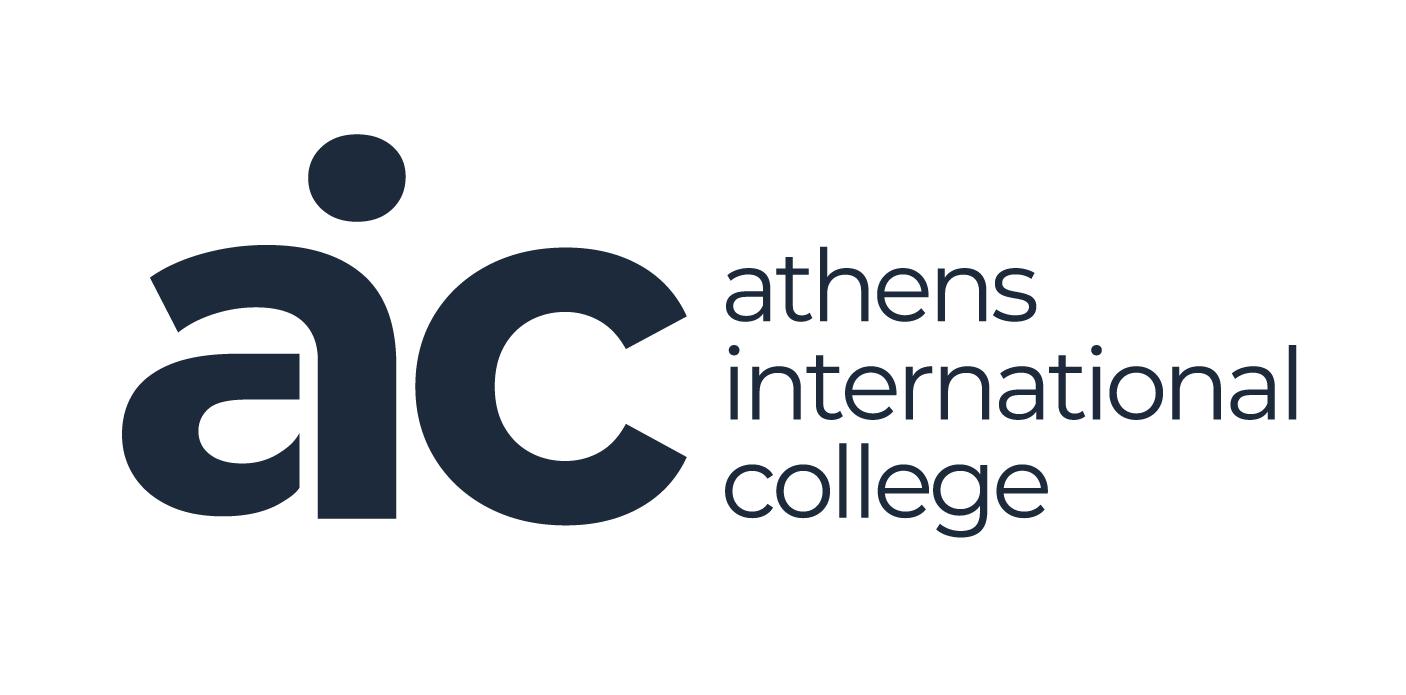This program is specifically designed for professionals who are already in the workforce but have not had the opportunity to broaden or formally certify their management skills. It is aimed at experienced executives who wish to enhance their performance as managers, as well as those seeking new career opportunities. It also accommodates individuals working in other business areas beyond management.
The program examines both the theory and, most importantly, the practical applications of management. These applications are typically based on real-world challenges faced by the organizations where the students are employed.
Upon successful completion of the program, and under certain conditions, students have the opportunity to continue their studies toward a Master in Business Administration (MBA), with the sole requirement being the achievement of a satisfactory final grade.
By completing the Diploma in Business Management, students gain multiple benefits:
Introduction to Fundamental Business Management Principles
The program provides practical and foundational knowledge in areas such as management, marketing, finance, accounting, and human resources.
Rapid Enhancement of Professional Credentials
As a short and focused program, the Diploma offers a significant CV boost for recent graduates or professionals without prior management education.
Career Advancement for Non-Managerial Employees
Ideal for employees in technical or operational roles who wish to transition into supervisory or managerial positions.
Acquisition of Practical Application Skills
Through case studies, assignments, and projects, students learn how to immediately apply business knowledge in real workplace settings.
Opportunity for Further Studies (e.g., MBA)
The Diploma in Business Management serves as a stepping stone for advanced academic studies, offering credit recognition and easier access to university programs.
Understanding the Business Environment in Practice
Students are trained to analyze local and international markets, manage change, and identify business opportunities.
Ideal Starting Point for New Entrants to the Workforce
The Diploma is suitable for those seeking a dynamic entry into the business world, without requiring previous experience or a degree in management.
This course focuses on presenting the complete theoretical framework of Marketing Management, as well as the theoretical models and implementation tools.
Particular emphasis is placed on enabling students to apply and implement these concepts through the development of a Marketing Plan brief, addressing the marketing parameters of both the internal and external environment of a business or organisationa.
The course presents the fundamental theoretical principles, criteria, and quantitative/qualitative methods supporting the modern decision-making process in matters related to product manufacturing and service operations, aiming to enhance the efficiency and/or effectiveness of the business.
This course introduces students to the financial statements of sole proprietorships, small limited liability companies, and corporations, along with a broad foundation and basic understanding of the regulatory framework within which reports are prepared for stakeholders. Students will analyze the financial performance and position of organizations. They will learn to prepare cash flow forecasts, income statements, and balance sheets from raw data, and apply analytical techniques such as efficiency analysis, net present value (NPV), and internal rate of return (IRR) to assess the risk and financial performance of new business plans and proposals.
The course aims to emphasize the importance of Human Resources as a key factor in creating competitive advantage. Within this framework, contemporary perspectives, strategies, and policies are analyzed to achieve this goal in a demanding business environment.
The course aims to determine the value of information systems in business strategy, the importance of organizing IT departments as IT service providers, and the evaluation of modern integrated information systems.
The course completes the first-year MBA curriculum, emphasizing environmental variables, the development of alternative strategies, their evaluation, and strategic-level decision-making by businesses.
This course will help students enhance their awareness of the distinct nature of management within the context of a small business and develop an understanding of the advantages and challenges faced by managers operating in this environment. It will enable participants to apply analytical and creative skills to some of the most critical decisions made by the small business owner-manager.
Developing an understanding of the additional knowledge and skills required of managers in an international business environment. Expanding the ability to analyze risks associated with international business situations. This enables managers to enhance their understanding through the exploration of a topic in international management.
At Athens International College, we recognize that today’s manager must lead with vision, act with agility, and stay ahead of rapid changes. This is why we designed the AIC Upskilling Track — a dynamic learning experience that complements your studies with strategic, high-value executive seminars and provides access to practical, business-relevant knowledge across a range of critical areas. Each seminar is carefully crafted to bridge the gap between academic knowledge and managerial application, ensuring that upon graduation, you not only hold a prestigious degree but also possess an enhanced executive toolkit.
All students are entitled to attend 2 seminars per year for free, and receive a 50% discount on all Artificial Intelligence seminars.
For Example students of the Diploma in Management Studies can attend
- AI + Executive
- Sustainability, ESG & Purpose-Driven Business
Admission Requirements
-
Minimum of two years of professional experience.
Applicants for the Diploma in Management Studies (DMS) must complete an application, which is evaluated on a case-by-case basis. English reading skills will be assessed during an interview. As candidates are already employed in businesses, services, or organizations, a satisfactory level of English proficiency is expected to enable comprehension of professional texts.
Required Documents
-
Four passport-sized photographs (color, 3x4.5 cm)
-
Copy of ID card
-
Two recommendation letters
-
Employment verification
-
Curriculum vitae
Program Details
-
Start Dates: October (Fall Semester) or March (Spring Semester)
-
Duration: 1 year
-
Schedule: Friday evenings and Saturday mornings, biweekly
-
Language of Instruction and Assessment: Greek
Progression to Further Studies
Upon successful completion of the program and subject to specific requirements, students may continue their studies toward a Master in Business Administration (MBA), provided they achieve a satisfactory final grade.
Degree Awarded
The diploma is awarded by the University of Winchester, U.K.
Enrollment at Athens International College automatically registers students with the University of Winchester, which issues the corresponding student ID.











